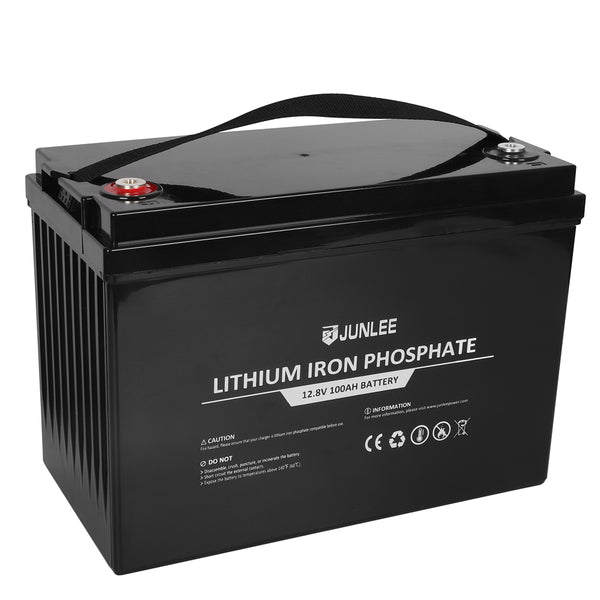It is reported that the two parties will cooperate with Japanese shipowner Nissen Kaiun to jointly use the technology of Alsym Energy to develop applications for the shipping industry. Specifically, Alsym will supply Synergy and Nissen Kaiun with 1 gigawatt of batteries annually for 3 years starting from its first year of high-volume production, provided the battery system meets critical performance levels and regulations for specific cargo and tankers Require.

By using low-cost, inherently non-flammable raw materials and a strong global supply chain, Alsym aims to provide batteries at a fraction of the cost of lithium technology, making electrification both safe and economically viable, and these batteries not only help reduce crew and cargo costs risk, and will also reduce insurance costs for fleet managers and shippers.
Headquartered in Singapore, Synergy Marine is a leading global provider of ship management services, currently managing more than 500 vessels. Rajesh Unni, founder and CEO of Synergy Marine Group, said, “Zero-emission vessels are the future of the maritime industry, and by reducing electrification costs and minimising the risk of battery-related fire incidents, Alsym’s technology has become a safer alternatives that can help the shipping industry achieve its goal of net zero emissions by 2050.

